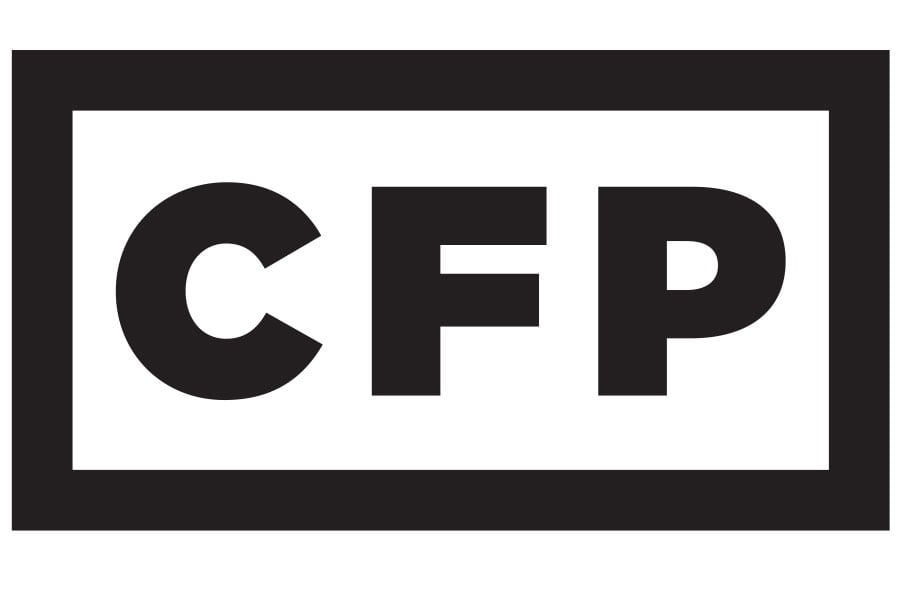

The Certified Financial Planner Board of Standards Inc. announced Thursday it has approved a tougher punishment for credential holders who don't report their own ethical missteps.
The update to the organization’s sanctions guidelines recommends a public censure for certificants who fail to tell the Board within 30 days about information that may reveal misconduct or who file an incomplete ethics declaration.
The previous punishment was a private censure. A public censure entails highlighting the CFP in a press release and posting the violations on the CFP website.
On Thursday, the CFP Board also announced a proposal to create a new appeals commission to adjudicate appeal hearings. The commission would make the final decision regarding a CFP mark holder’s appeal of an order of the Disciplinary and Ethics Commission or an administrative order. The proposal is open for public comments until Dec. 14.
The CFP Board released its proposal for beefing up its sanctions guidelines in July. A public comment period concluded in September. The rule on inaccurate ethics declarations will take effect on Jan. 1. The public censure for failure to report misconduct will take effect on Jan. 1, 2024.
“These changes are the latest developments in CFP Board’s work to strengthen enforcement of the Code of Ethics and Standards of Conduct for CFP® professionals,” CFP Board chief executive Kevin Keller said in a statement. “Timely and accurate self-reporting to CFP Board helps us maintain effective enforcement processes that are fair to CFP® professionals whose conduct is being evaluated and credible to the public.”
The work on revising the sanctions guidelines comes in the wake of criticism over the last couple years of the CFP Board’s ability to enforce the ethical standards attached to the mark.
In late 2019, a task force issued recommendations for improving CFP enforcement. The task force was formed in response to a Wall Street Journal article that took the board to task over omitting negative information about CFPs on the board’s website, including regulatory and criminal problems and customer complaints.
Over the last year, the CFP Board has reformed enforcement procedures and governance practices to align with strengthened conduct standards that went into force in June 2020. They center on holding CFPs, including brokers, to a fiduciary standard whenever they provide investment advice.

Relationships are key to our business but advisors are often slow to engage in specific activities designed to foster them.

Whichever path you go down, act now while you're still in control.

Pro-bitcoin professionals, however, say the cryptocurrency has ushered in change.

“LPL has evolved significantly over the last decade and still wants to scale up,” says one industry executive.

Survey findings from the Nationwide Retirement Institute offers pearls of planning wisdom from 60- to 65-year-olds, as well as insights into concerns.
Streamline your outreach with Aidentified's AI-driven solutions
This season’s market volatility: Positioning for rate relief, income growth and the AI rebound
